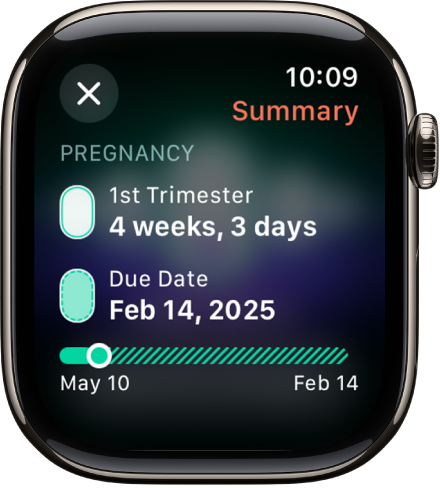In a revolutionary leap in the world of technology, Apple researchers have revealed that data collected by the Apple Watch can now be used to accurately detect early-stage pregnancy. According to recent research, Apple’s new “Wearable Behavior Model” (WBM) is capable of predicting pregnancy with an impressive 92% accuracy.
The Apple Watch continuously collects data on heart rate, sleep, movement, oxygen levels, and other physiological behaviors. This data played a crucial role in Apple’s “Heart and Movement Study” (AHMS), which analyzed over 2.5 billion hours of information from more than 160,000 individuals. Using this data, researchers developed a behavioral model that closely monitors patterns in activity, sleep routines, and bodily signals.
Unlike traditional biometric methods that rely solely on metrics like heart rate or oxygen saturation, the WBM takes a holistic view. It factors in weekly behavioral trends, changes in sleep duration, alterations in gait, and motion characteristics—making it highly effective not only for pregnancy detection but also in identifying infections, injuries, and recovery patterns.
In terms of pregnancy, the WBM has outperformed conventional techniques, offering accurate insights even in the very early stages. The model uses a hybrid approach that combines photoplethysmography (PPG) heart data with sleep patterns and movement shifts—proving more effective than standard sensor data alone.
Researchers emphasized that the goal of this study is not to replace traditional medical diagnostics, but to enhance them by incorporating behavioral data for a deeper, long-term understanding of health trends.
It’s worth noting that the Apple Watch has already established itself as a reliable device for monitoring heart health, sleep, and physical activity. Now, with this groundbreaking study, Apple Watch is poised to become a powerful predictive tool in healthcare—opening new frontiers in the world of digital health.















